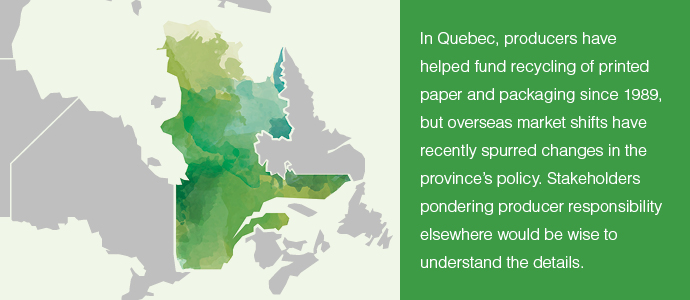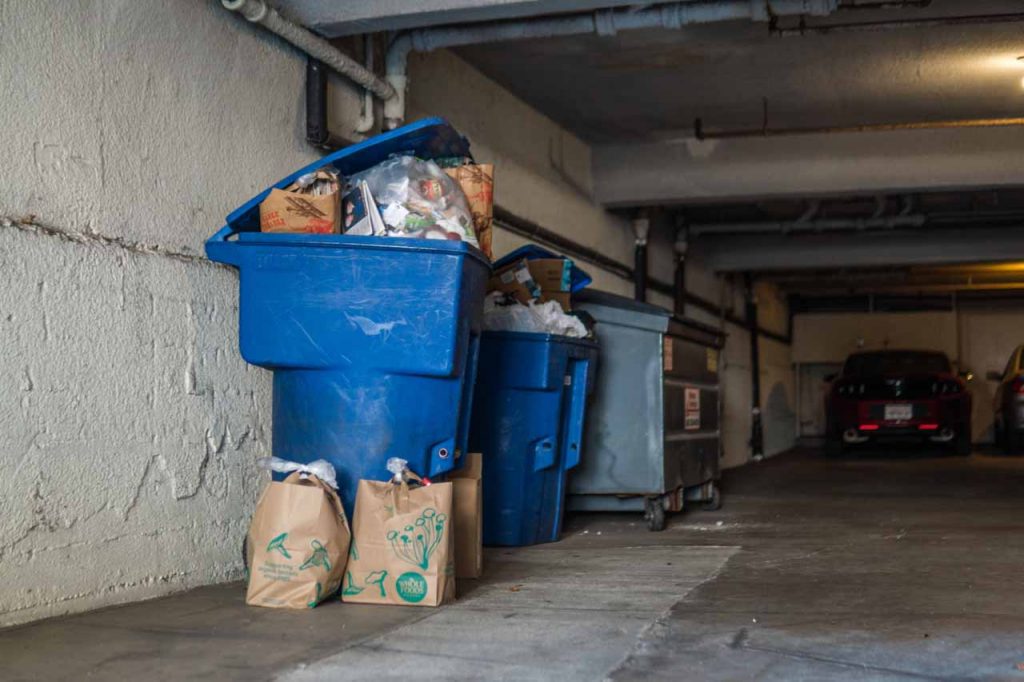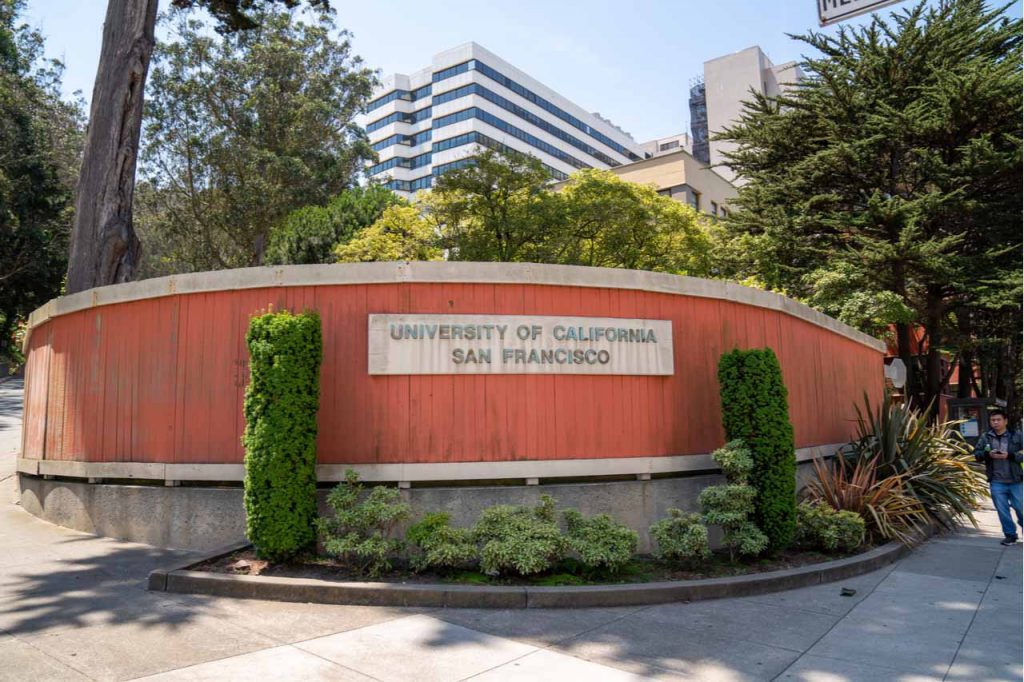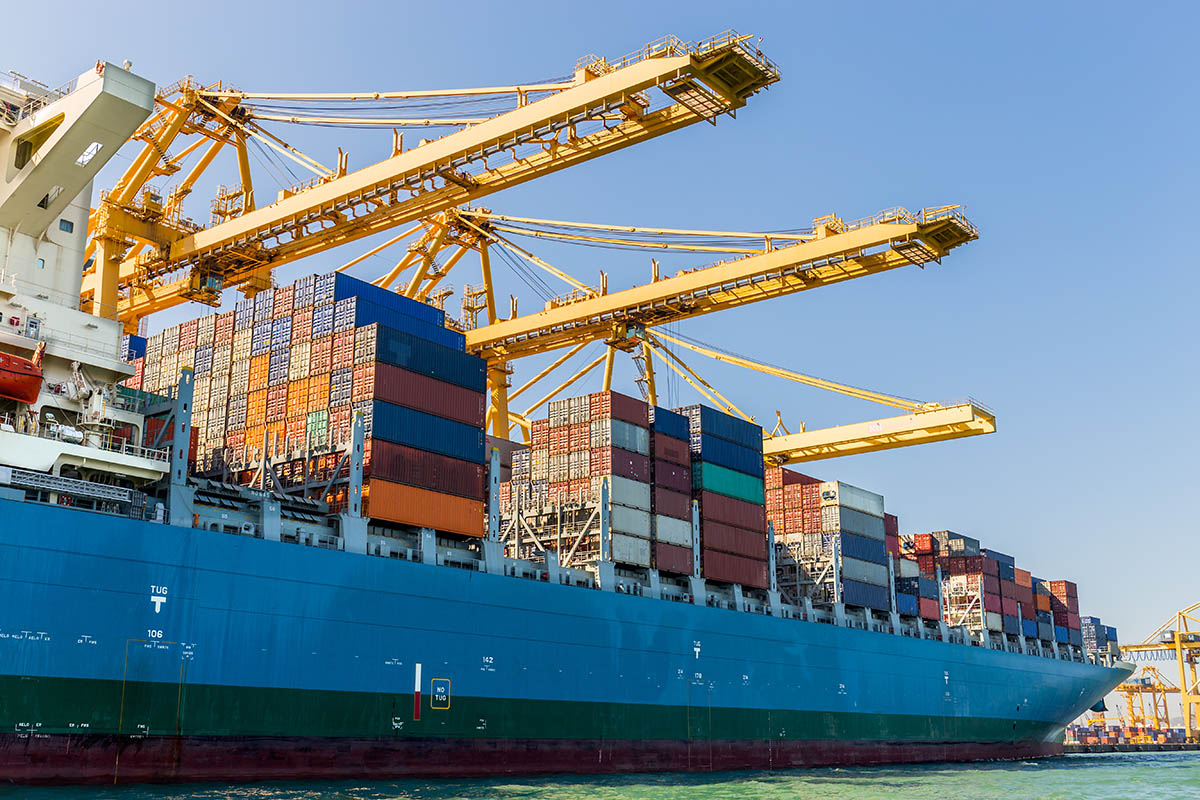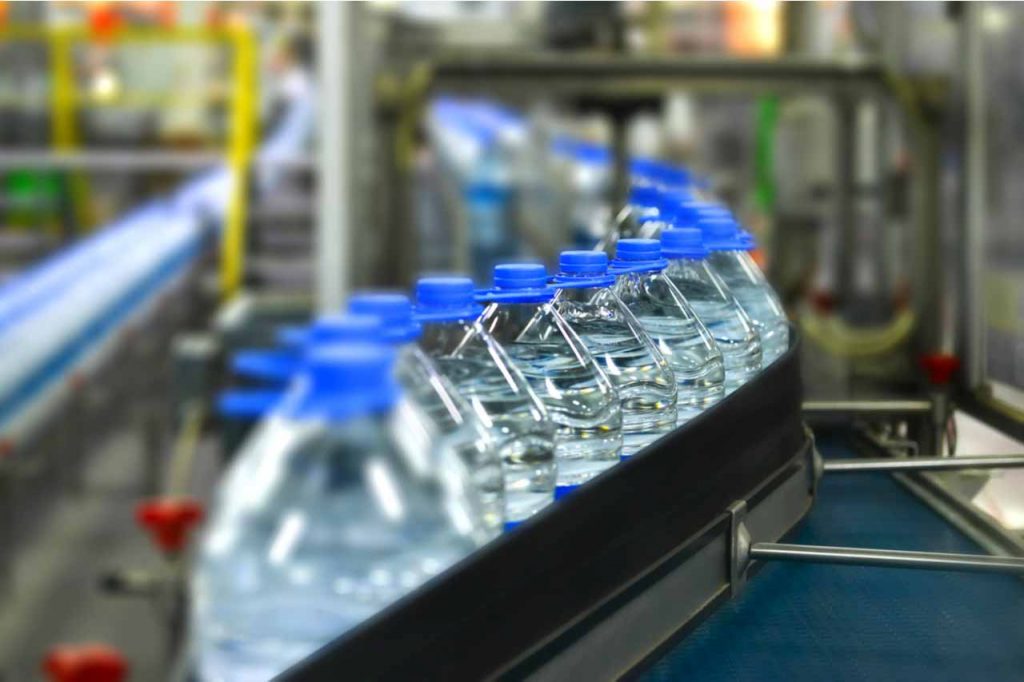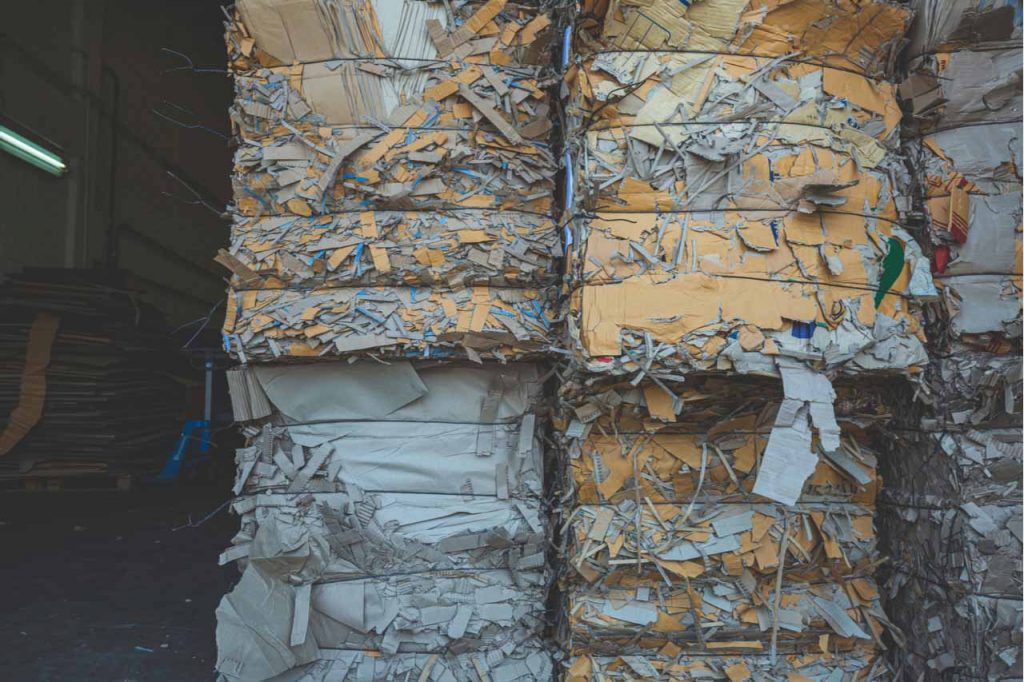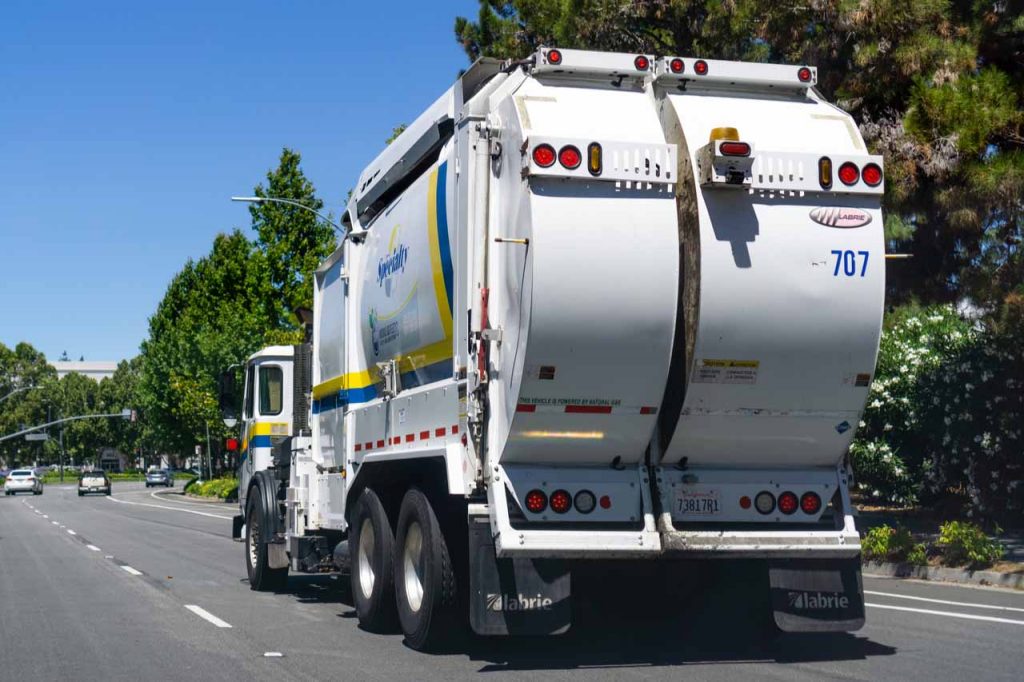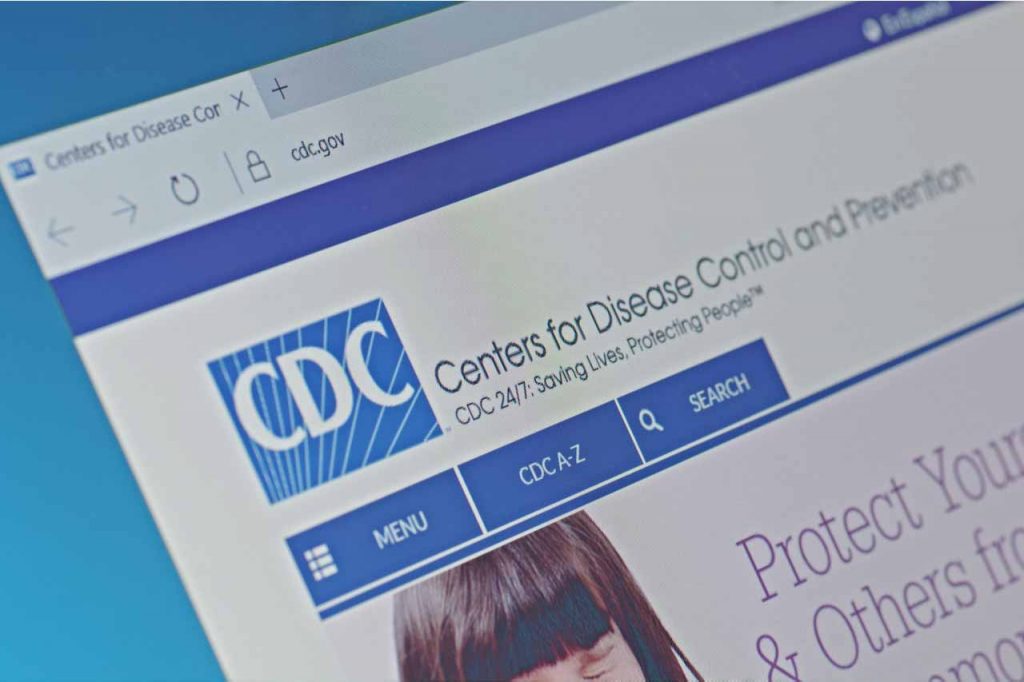
The CDC recently released a document covering steps employees and employers in the recycling and waste industries can take to prevent the spread of the virus. | g0d4ather/Shutterstock
The Centers for Disease Control and Prevention (CDC) has released a fact sheet to help keep garbage and recycling industry workers safe during the pandemic.


